Global Health Experts
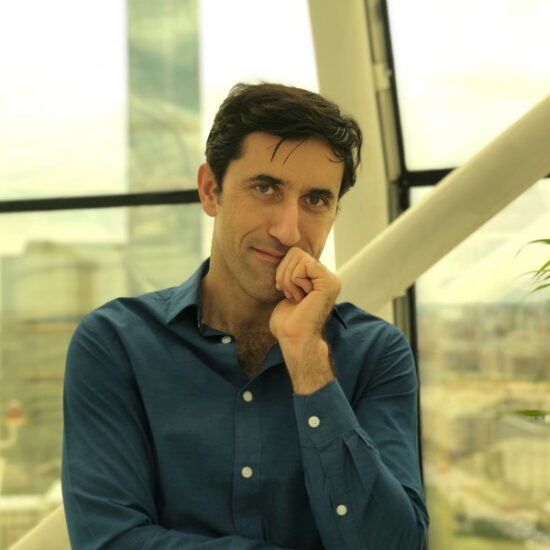
Mehdi Amouei Torkmahalleh Heading link
Expert on: air quality at the global scale, satellite observations.
Mehdi Amouei Torkmahalleh has been involved in several air quality studies at the global scale, including analyzing severe air pollution episodes in 100 cities all over the globe. In 2021, he led a study coauthored by more than 50 scientists that addressed the impact of the COVID-19 pandemic on global air quality. He is also leading another global study to understand primary and secondary sources of ultrafine particles. His team also employs satellite observations to examine the air quality. Such studies have been conducted in Kazakhstan and Pakistan. Dr. Torkmahalleh is interested in using the existing global air quality data and satellite observation to understand the potential link between global air quality and global health.
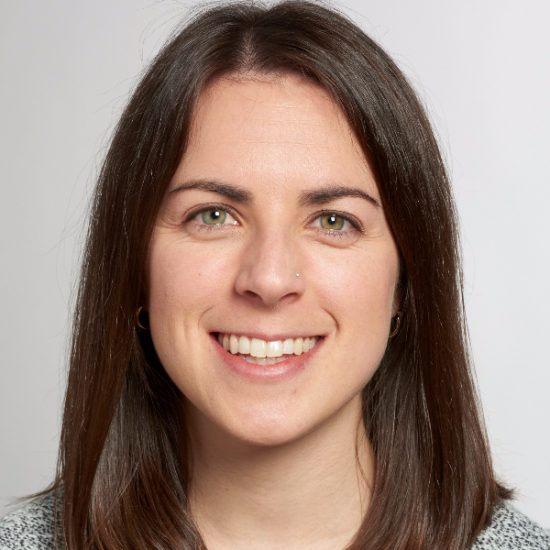
Rebecca Campbell Heading link
Expert on: human nutrition; stunting; environmental enteric dysfunction; perinatal and life course epidemiology; field trials.
Rebecca Campbell is an epidemiologist trained in human nutrition and global health. Her research investigates joint effects of nutritional and environmental exposures during sensitive life stages, especially pregnancy, infancy and early childhood. Her prior research investigated enteric dysfunction and diet quality as barriers to food supplement impact on early childhood growth in a randomized trial in Bangladesh. Other completed and ongoing projects have used trial follow-up and national survey data to understand determinants of maternal and child nutrition and health in Bangladesh, Bhutan, Nepal and globally.
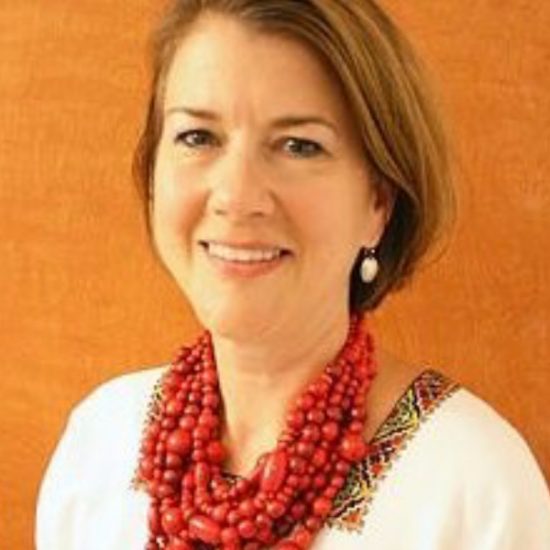
Motria Caudill Heading link
Expert on: global environmental exposure and training.
Motria Caudill has provided environmental health training to specialists in Asia and Eastern Europe with a focus on exposure assessment, quality assurance, data analysis, and risk assessment. She had performed investigations to assess environmental monitoring capabilities and identify areas for improvement. Her approach includes working with local partners to prioritize environmental risks, including ubiquitous issues like fine particle pollution or local industrial emissions in a specific community. She helps partners design solutions that are focused and cost-effective.
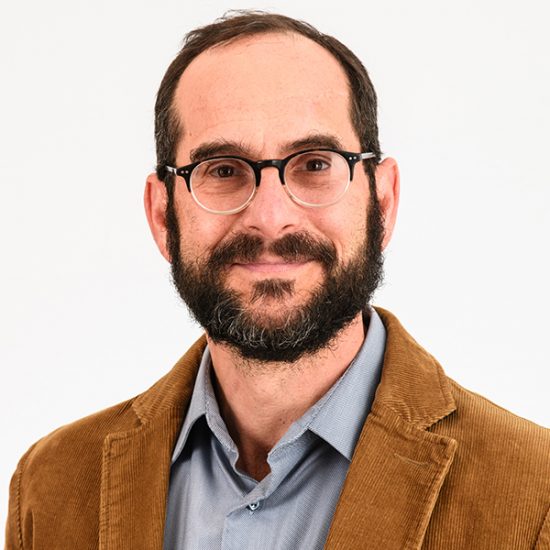
Samuel Dorevitch Heading link
Expert on: water quality and health, worker health.
Dr. Samuel Dorevitch is conducting three environmental research studies in western Kenya. One project compares the health impacts of three household water treatment methods on diarrhea occurrence in children. A project funded by the Bill and Melinda Gates Foundation focuses on approaches deploying solar-powered technology to bring clean drinking water to residents of urban informal settlements. A study that will be launched in the field in 2019 evaluates chronic kidney disease in a rural area where sugarcane is grown and processed.
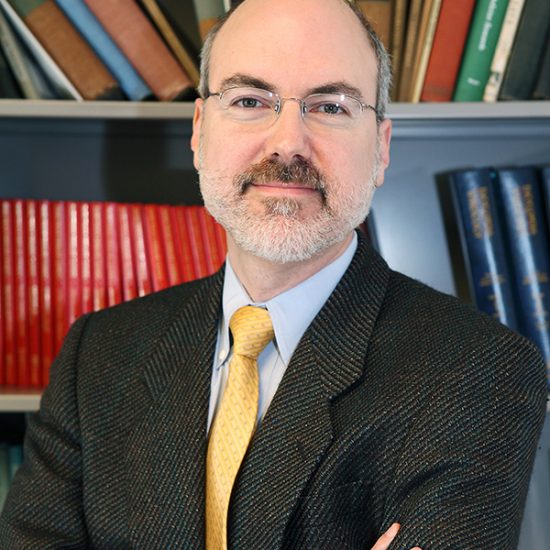
Mark Dworkin Heading link
Expert on: HIV medication adherence.
Dr. Mark Dworkin is currently developing projects that use technology to address medication non adherence among HIV-infected patients in Chicago. He also studied medication adherence in Puerto Rico and syphilis HIV co-infection in France. His research interests include clinical epidemiology of HIV/AIDS, influenza transmission, and prevention of foodborne disease.
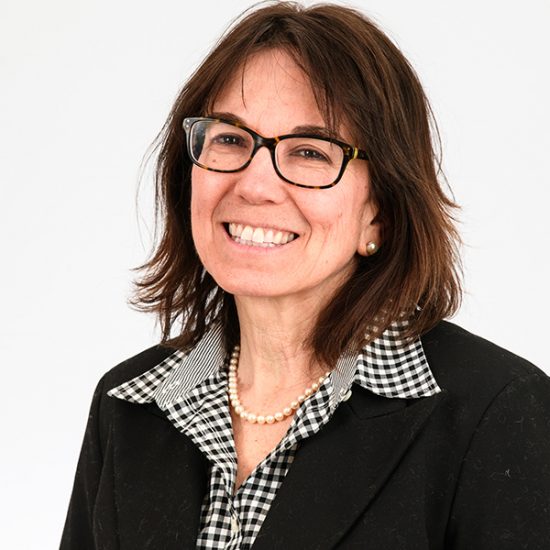
Linda Forst Heading link
Expert on: occupational disease, injury, occupational health and safety, occupational disease, workers’ compensation, low wage workers, work as a determinant of health.
Linda Forst conducts research related to occupational disease prevention—public health surveillance for occupational diseases and injuries, workers compensation, prevention of heavy metal poisoning, and population based work, addressing hazardous working conditions among migrant farmworkers, construction day laborers, and temp labor. She teaches a course on Environment, Toxicology and Disease. During the COVID-19 pandemic, she has been involved with writing guidance documents for protection of workers in jobs deemed as “critical infrastructure.” She serves as the head of the WHO Collaborating Center at UIC.
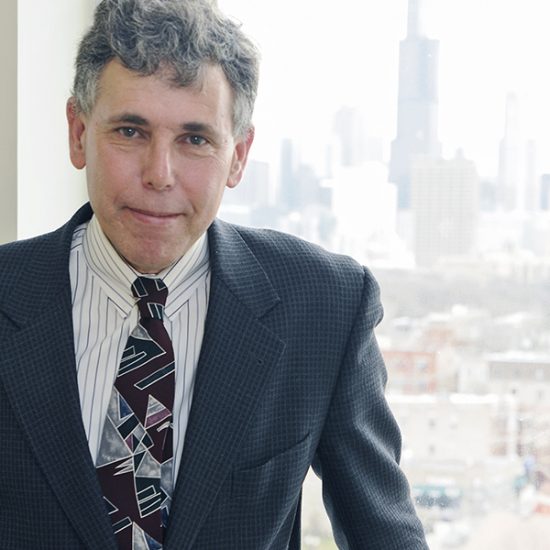
Ronald Hershow Heading link
Expert on: antiretroviral therapy, HIV.
Dr. Ronald Hershow has studied the most effective ways to promote successful antiretroviral therapy in HIV-infected injection drug users in Indonesia and has evaluated Tuberculosis control efforts in Ukraine. His research interests include HIV as it affects women and substance users, viral hepatitis, particularly hepatitis C, and hospital-acquired infections focusing on antimicrobial resistant microorganisms.
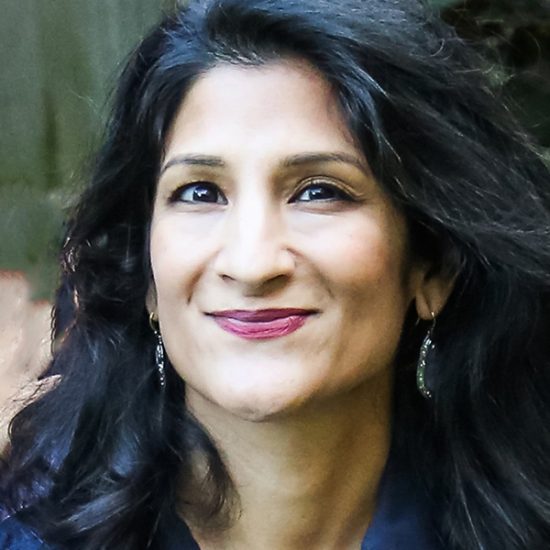
Supriya Mehta Heading link
Expert on: STIs and HIV transmission and prevention.
Supriya Mehta focuses on identifying bio-behavioral risks and pathways for STIs and HIV. Her work in antimicrobial resistant N. gonorrhoeae has provided support to national STI treatment guidelines in Kenya. A current study in Kisumu, Kenya seeks to understand how the penile microbiome contributes to STIs. Her teaching interests include core epidemiologic concepts and the epidemiology of sexually transmitted infections.
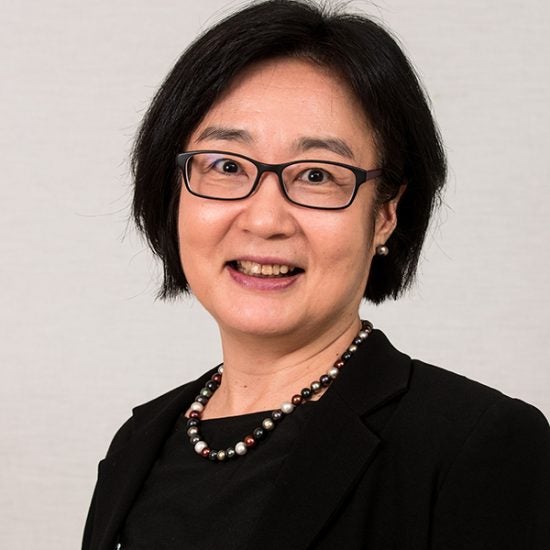
Naoko Muramatsu Heading link
Expert on: global aging, aging in Japan.
Naoko Muramatsu is an expert of global aging and health. Her international research has contributed to knowledge of the interplay among national policies, societal norms, work, health and well-being in aging populations, with special focus on Japan, home of the oldest population in the world. She has analyzed the evolution of Japan’s innovative universal long-term care insurance system and its impact on people’s lives.
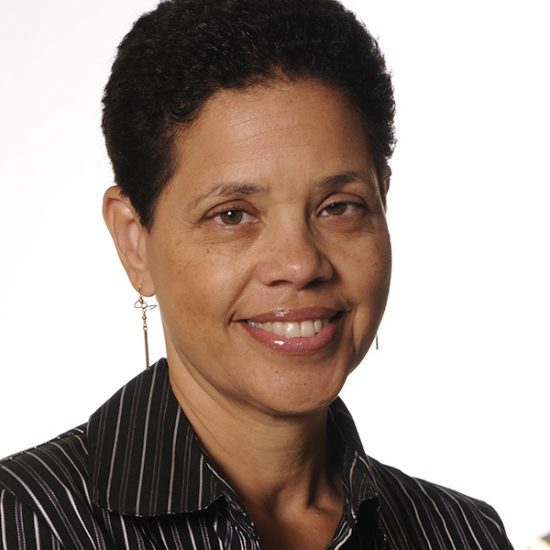
Nadine Peacock Heading link
Expert on: physiology of reproduction, cultural/behavioral aspects of HIV/STI risk.
Nadine Peacock is an anthropologist with expertise in global women’s health and qualitative research methods. She has conducted research in Sub-Saharan Africa on women’s work, energetics and ovarian function, and HIV/STI risk behaviors of young women. Dr. Peacock has taught public health field courses in Costa Rica and Cuba.
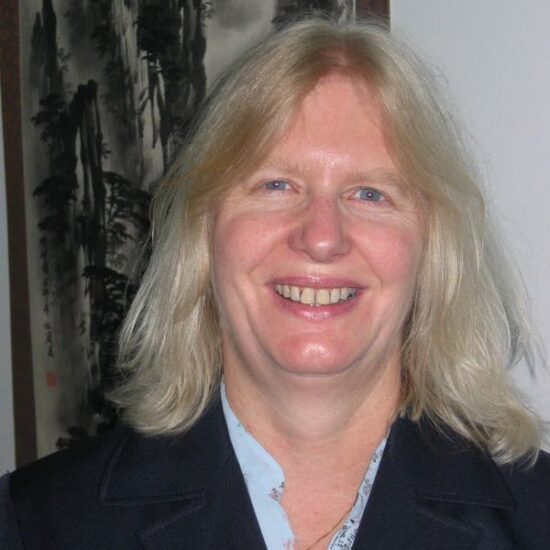
Karen Peters Heading link
Expert on: mental health, community health initiatives.
Karen Peters is involved with Project Chataae, co-conducted with the Universidad de Antioquia, in collaboration with three rural communities in the Colombian Amazon. This project utilizes a community-based participatory action research (CBPAR) approach to develop community transformation activities concerning health priorities focused on infectious and chronic diseases including mental health. Her work with PeaceCare Senegal utilizes a CBPAR approach to develop local health workforce infrastructure in a rural region of Southeastern Senegal.
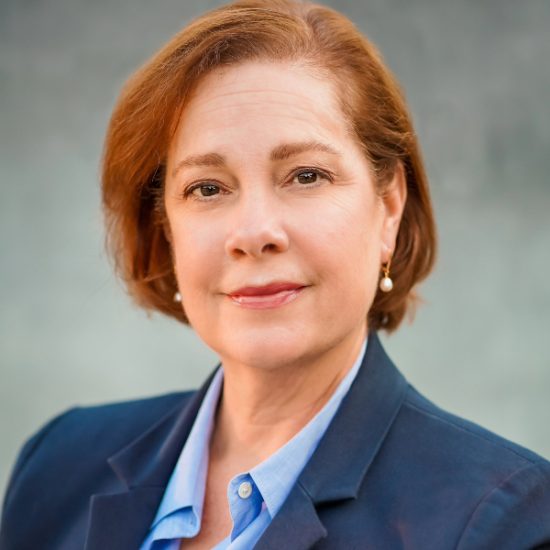
Caryn Peterson Heading link
Expert on: cancer prevention.
Caryn Peterson is the co-director of the UIC Cancer Education and Career Development Program and focuses on cervical cancer prevention, early detection, and treatment in low-resource settings in the US and Senegal. Her research has identified interpersonal, organizational, and community/societal factors associated with cervical cancer health disparities, and explores clinical and community-based solutions to improve HPV vaccination and cervical cancer screening rates. Her teaching interests include the effects of social-structural factors on health and analytic methods in social epidemiology.
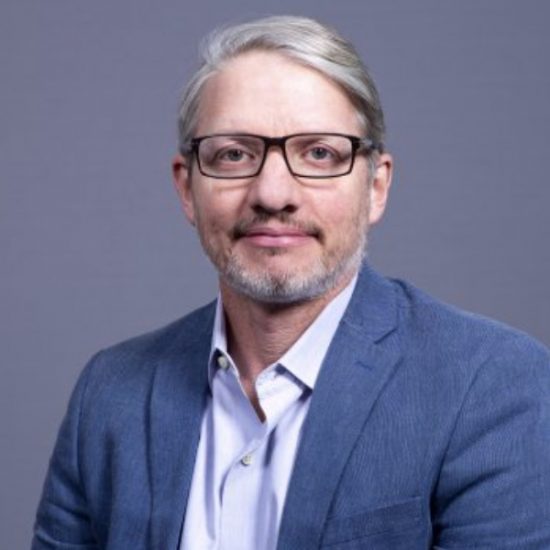
Benjamin Shaw Heading link
Expert on: social relationships; health behavior change; health disparities; social policy and healthy aging.
Benjamin Shaw focuses on social and behavioral influences on health in aging populations. He is a visiting researcher at Karolinksa Institute’s Ageing Research Center, with funding from the Swedish Research Council for Health, Working Life and Welfare. He is investigating the health of older workers in Sweden, and the health impacts of their working conditions and the informal care that they provide to their older relatives. He was previously awarded R01 funding from NIH/NIA to study aging-related changes in diet, exercise, and substance use in the US and Japan.
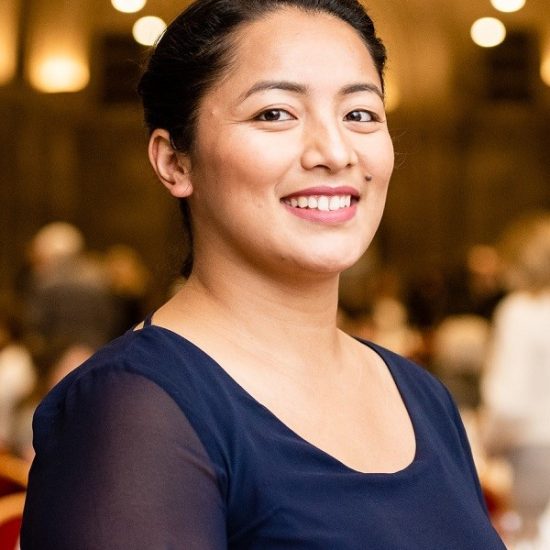
Abhilasha Shrestha Heading link
Export On: water quality and health, SARS-CoV-2 wastewater surveillance, microbial source tracking.
Dr. Abhilasha Shrestha is leading a wastewater surveillance of COVID-19 project in Kisumu, Kenya funded by the UIC School of Public Health Global Health Program Advanced Seed grant. Her team at UIC has helped established a qPCR lab in Kisumu, Kenya at our partner NGO, Safe Water and AIDS Project (SWAP) where they have been able to successfully quantify the SARS-CoV-2 virus in wastewater samples collected from hospitals, wastewater treatment plants, and public toilets.
Dr. Shrestha also has a project in Kenya and Nepal funded by the UIC School of Public Health Global Health Program Seed grant. The primary objective of this research is to evaluate a novel method for preserving DNA of waterborne microbes from polluted water, using a novel method that does not require refrigeration, transporting the samples to the laboratory at UIC, and subsequently analyzing bacterial DNA in the samples.
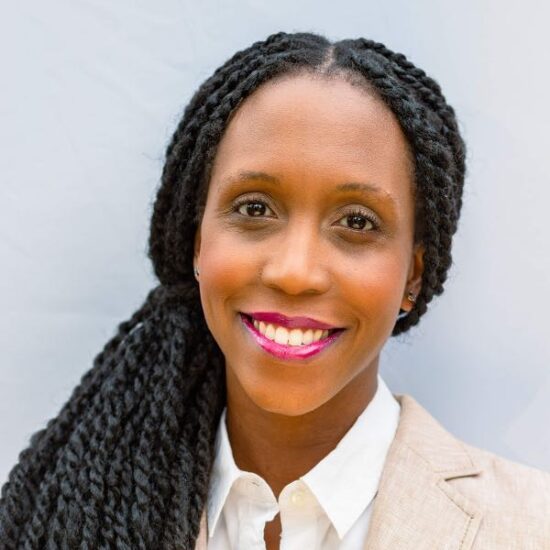
Fanta Waterman Heading link
Expert on: health systems and services, Caribbean health
Fanta Waterman is a health services researcher and community health educator investigating economic, clinical and humanistic outcomes related to healthcare access, policy and behavior. Her specialization focuses on the health experience and outcomes of persons living in Caribbean countries.
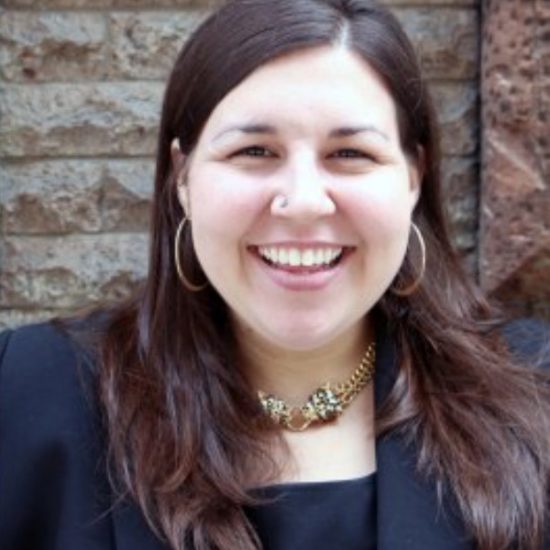
Leslie Williams Heading link
Expert on: HIV-related stigma and social support; network-based HIV testing and treatment-as-prevention interventions
Dr. Leslie D. Williams conducts research assessing the efficacy of risk-network and social-network interventions to engage “hard to reach” populations in HIV testing and treatment, and to change norms around HIV-related stigma and social support. She has conducted this work in Ukraine, Greece, and South Africa. Her current work in South Africa focuses on reaching men (who test in clinics at low rates in the study setting) and people who use drugs for HIV testing and treatment-as-prevention. She also studies the relationships among HIV-related stigma, access to healthcare, and various health outcomes in South Africa and elsewhere.